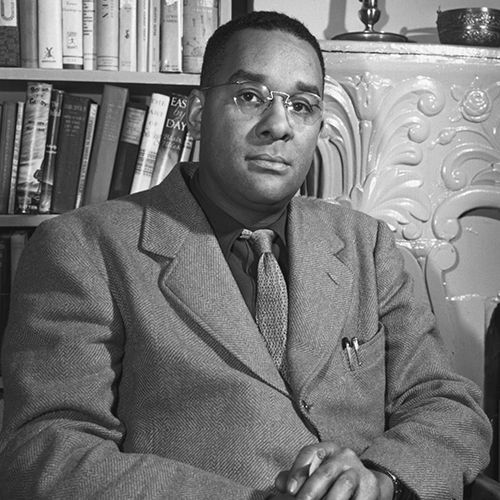Episodes
Sunday Jun 30, 2019
Episode 321: Lincoln Re-elected (Writings of Abraham Lincoln 1864)
Sunday Jun 30, 2019
Sunday Jun 30, 2019
In 1864, Grant took command of the Union armies, Lincoln was re-elected, Atlanta fell and Sherman gave his president Savannah as a Christmas present. We look at all of these things and the impact of emancipation on American politics and the war effort in this episode.
Wednesday Jun 26, 2019
Episode 320: Writings of Abraham Lincoln 1863
Wednesday Jun 26, 2019
Wednesday Jun 26, 2019
The war turned to the Union's favor in 1863 in no small part due to the Emancipation Proclamation. In this episode I look at the consequences of emancipation on the war through Lincoln's writing, the major turning points of the siege of Vicksburg and Gettysburg, and the growing opposition of the "peace" Democrats.
Sunday Jun 23, 2019
Sunday Jun 23, 2019
1862 was a bad year for the Union army and Abraham Lincoln with numerous defeats and military frustrations along with some Democratic gains in the mid-term elections. But it was also the year in which runaway slaves forced Lincoln to rethink the meaning of the war.
Thursday Jun 20, 2019
Episode 318: The First Year of the Civil War (Writings of Abraham Lincoln 1861)
Thursday Jun 20, 2019
Thursday Jun 20, 2019
In this episode, I look at the writings of Abraham Lincoln during his trip to Washington and the first year of the Civil War. Here the major issues include his policy toward the border states and the early wartime questions about slavery.
Monday Jun 17, 2019
Monday Jun 17, 2019
In this episode I look at the writings of Abraham Lincoln from 1860. This was the year of the election that won Lincoln the presidency and saw the first state secede from the Union.
Wednesday Jun 12, 2019
Episode 316: Cooper Union Speech and More: Abraham Lincoln's 1859 Writings
Wednesday Jun 12, 2019
Wednesday Jun 12, 2019
In this episode, I look at the writings and speeches of Abraham Lincoln from 1859. The most notable document is the "Cooper Union" speech Lincoln gave in New York City, but there are some other interesting texts, including a speech he gave in Milwaukee on technology and labor.
Saturday Jun 08, 2019
Episode 315: The Moral Argument (Lincoln-Douglas Debates 5-6-7)
Saturday Jun 08, 2019
Saturday Jun 08, 2019
In this episode, we see how Abraham Lincoln lifted his 1858 debates with Stephen Douglas to a new level by pursuing the moral argument against slavery and against its expansion.

